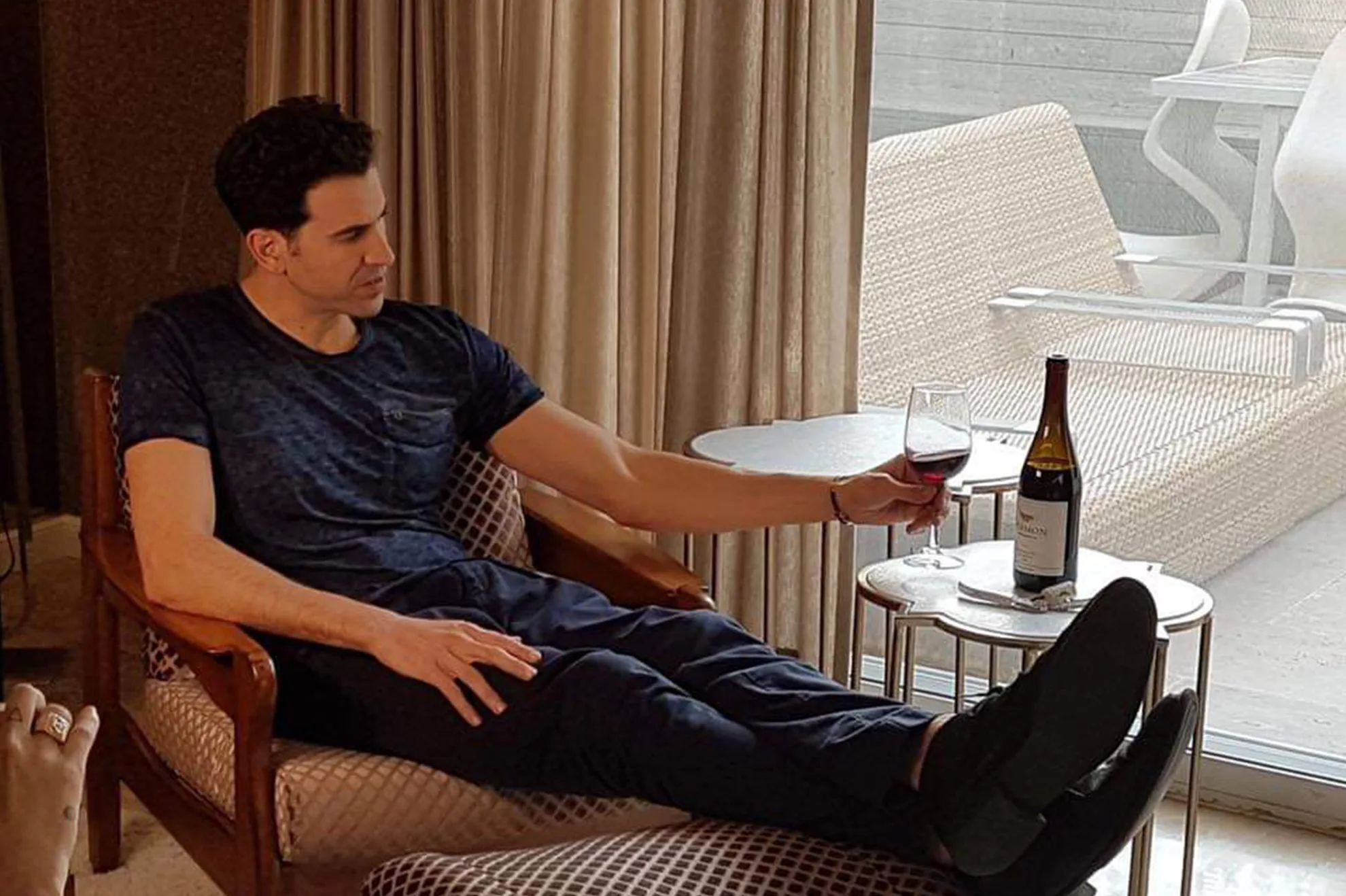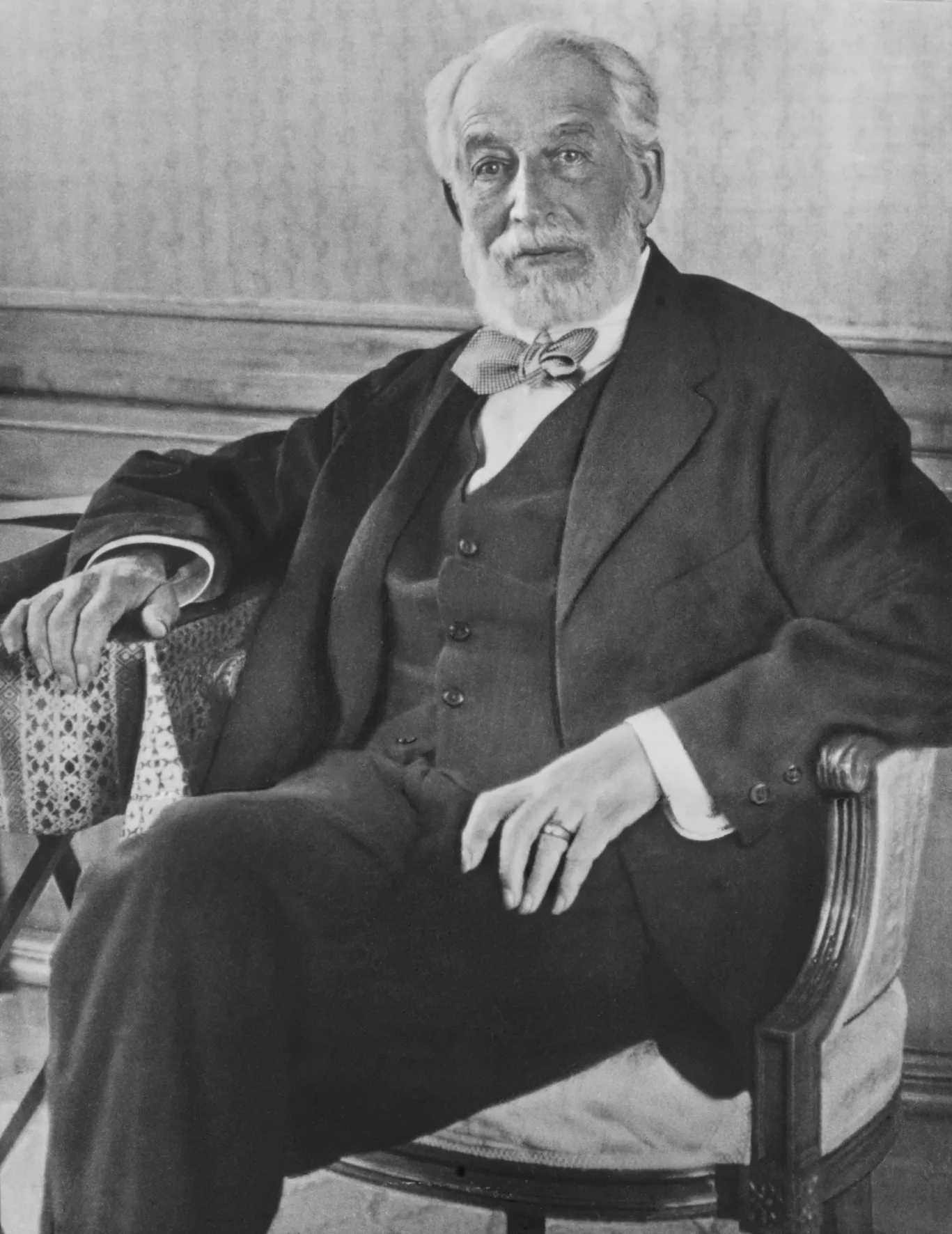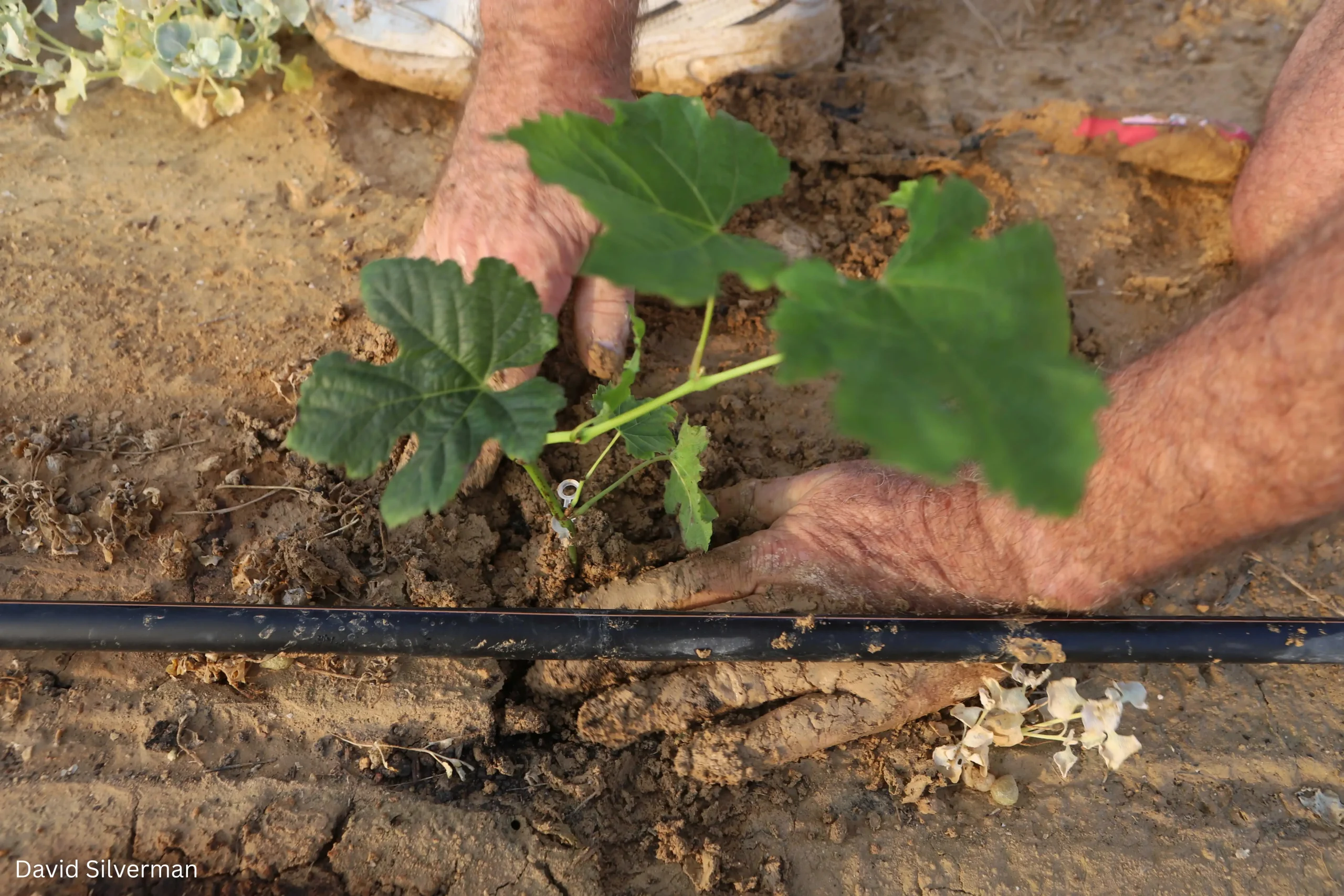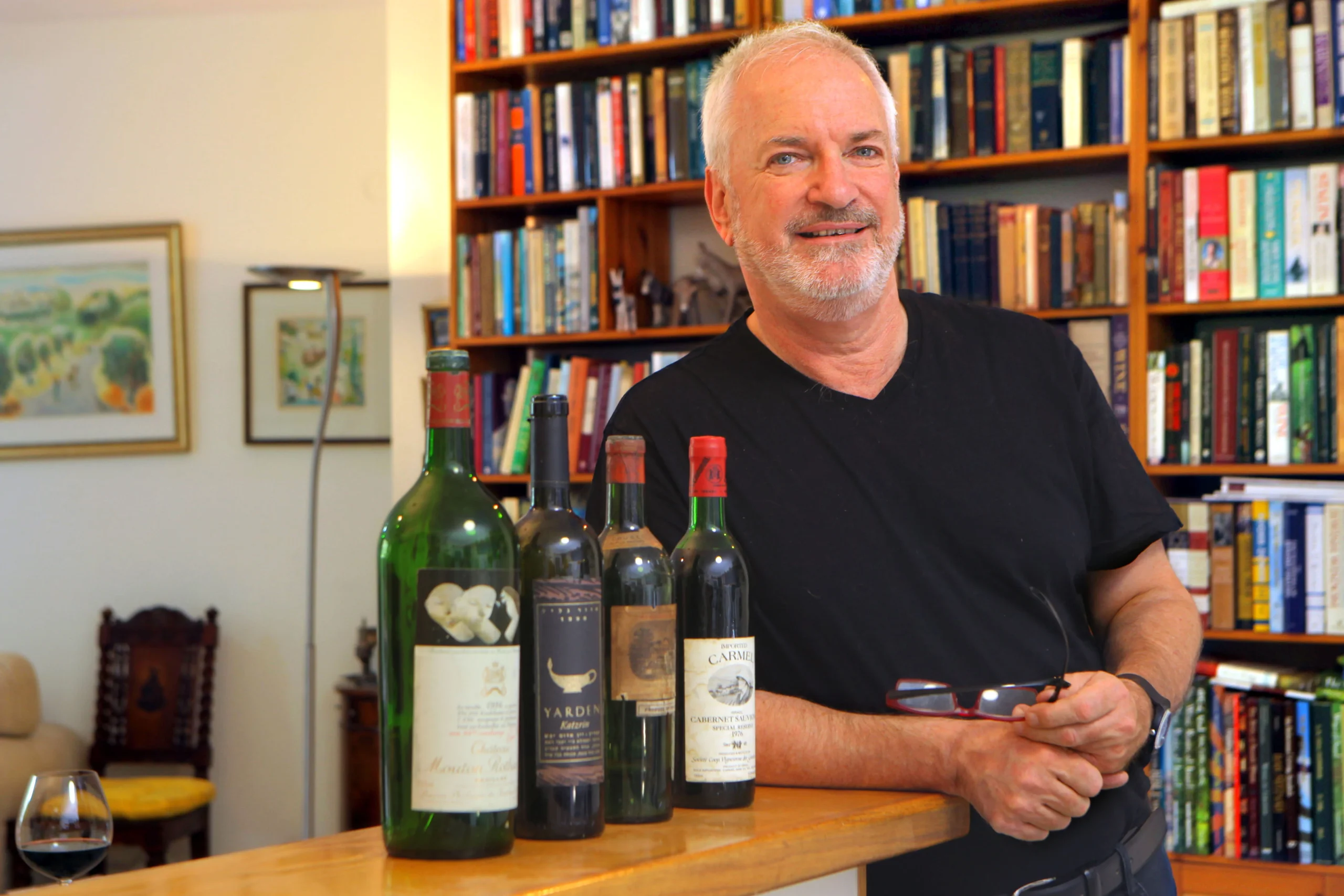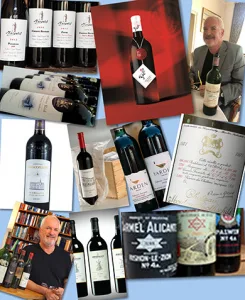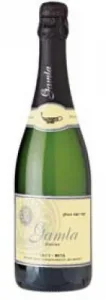Sitting at home fans loneliness, frustration and even depression. After the restrictions of the last month, I think on one hand we can expect a baby boom in nine months? time, but on the other, there will also surely be a rise in violence within the family, and an increase in divorce and family break-ups. Opening a bottle of wine is encouraged, simply because it is an outlet which promotes calmness and relaxation.? There signs are that people are drinking. One of the few benefits of the prolonged time at home is that it has allowed us to take wine down to its essence. To leave the experts and pretentiousness behind, and enjoy wine for what it is.
Purchasing wine has changed, maybe forever. The on-premise consumption of wine is zero, also buying wine for festivals, parties and family get-togethers has declined drastically, with the closure and isolation. We should certainly give a thought to all the restaurants, wine waiters and sommeliers, whose frantically busy lifestyle was cut short in a second. Their situation is nothing short of a catastrophe. Yet wine sales have kept up. The reason is consumers are still visiting supermarkets to buy essential food supplies and while stockpiling toilet paper and eggs, they have continued also to buy wine. Furthermore, all those Israelis who usually travelled abroad during the spring and Passover period, stayed at home this year, adding a further 500,000 to 800,000 potential buyers to the local market.
There is also a novel concept, though not exactly new, that has received a massive boost and become an option for everybody. I am referring to online purchasing. The major supermarkets, in particular Shufersal but also Rami Levy, have increased their online sales substantially, and this trend is likely to continue long after coronavirus. Of course, the supermarkets have a far better range of wines than was previously the case. The days of supermarkets just listing cheap wines are long gone. The better Shufersals, Tiv Taam and Stop Market in particular have a great range of quality wines.
The larger wineries and big brands have continued to sell well, but I am concerned about smaller wineries without mass market distribution. Some are in for a rough time, and for others their very existence will be under threat. For this reason, wineries are having to think on their feet for new ways of marketing. They have without much afore-thought or planning, made swiftly concocted offers for direct delivery, door to door. In the future, wineries will have to be nimbler and more creative, with social media marketing ideas and streamlined, efficient distribution. The consumer is already enjoying new opportunities. The market will become more competitive and prices will come down. Under the new conditions, there is the attractive option to buy online and cut out the middleman.
One of the benefits of being at home, has been being able to enjoy wine exactly as we want, away from the prying eyes of the critical wine expert. Why is it with buying wine, that people feel such pressure, almost as though someone is critically looking over their shoulder? The same person is totally relaxed about purchasing food. But wine has to be exactly the right one in the eyes of the so-called experts. No-one wants to appear foolish. If you are buying for home use these days, you are totally released from this pressure, which anyway, is mainly self-created. You don?t have to choose a wine in a restaurant, with the critical raised eyebrow of the supercilious sommelier. You don?t have go to a wine store, where they might be recommending their own brands due to unseen interests. Nor are you hosting the wine snob boss or knowledgeable family member, who look down their nose at everything from glassware, bottle opener to the choice of wine. Much of the feeling of insecurity is in the mind of the unconfident wine buyer, but the isolation has swept these problems away in the current time. Drinking in isolation is between couples or to offset loneliness by the individual.
The wine drinker is also more relaxed about what he buys. No-one, not even the biggest experts, drinks expensive wines all the time. Not every wine is for tasting, discussing or putting on a pedestal. Some are simply for drinking. Israelis drink literally millions of bottles of Golan?s Hermon, Carmel Selected, Segal and Barkan Classic in a year, yet no-one rushes to say ?what a great Hermon or Selected I drank last Shabbat.? Yet people are drinking them. All the peer pressure about what we buy has dissipated, so if someone wants to drink an inexpensive wine, or even Lambrusco or Blue Nun, they can at home, without feeling the need to impress. Price and value are more important than ever, so the financially strapped wine drinker, can still enjoy a wine in these crippling times.
No doubt the ideal, is to have a temperature-controlled wine cellar or wine fridge at home. However, let?s get real. Most people do not have a cellar, wine room or wine fridge and buy wine to drink. If you at home, who knows or cares about your storage conditions? As long as basic rules are followed, the wines being kept on their side and avoiding light, heat and vibration, then the wine has a great chance to be ok. The current situation has reminded us of the massive customer base that drink wine, even if they are not geared up like we believe they should be.
Glassware is another real issue. The wine expert talks about wine glasses like some people talk about wines. There are glasses for every wine, many of which cost more than the wine itself. The wine expert may even judge the occasion, restaurant or visit to someone?s home from the quality of glassware. ?Ah, nice glassware? they will murmur, as though in relief. Now, it is true a wine glass does make a difference. Yet it was not long ago that restaurants used a simple Paris Goblet and wineries visitors center used very small ISO tasting glasses. We all survived and enjoyed wines nonetheless. Many households do not have a set of wine glasses. Sure, a proper wine glass is preferable, and a good wine glass really makes a difference, but in the privacy of your home, wine is being drunk from any available receptacle. Drinking at home, away from prying eyes, and people are drinking how they want, without feeling inhibited by their guests.
Matching food and wine is a great sport for both wine experts and wine professionals. So much so, that people buying the cheapest wine are often cowed into checking if the wine goes with the food they are preparing. They are more fearful of getting it wrong, than interested in getting it right! Sitting at home with your nearest and dearest, you are spared this trial. People are drinking what they like. If matching the wine to the food is not part of the baggage one has to deal with when buying wine, life is so much simpler.
Now, I have educated about wine all my life, but I have never denied the right of people to drink wine as they want. We have to admit though, that the wine trade, is geared mainly to the wine expert. The language used, the fruit basket tasting notes and pontification by experts, are all geared to appeal those in the club, yet they exclude everyone else, even though they are by far the majority. The expert will visit all the tastings possible, follow the wine scores in the Wine Advocate or Wine Spectator, and go to tastings where wines are tasted blind, usually one after the other. This is the life in the rarified world of the wine expert. The whole narrative is geared to a peacock like dance, but I am never for a minute seduced into believing this is how wine is meant to be enjoyed. However, the game is played by everyone. Wineries usually only show their higher quality wines in tastings and wine critics generally post about the better quality wines. This is a world that the wine trade encourages where the wine expert is king, but it is far removed from the general wine drinker. The current new wave of home buying has reminded us that the visible tip of the iceberg is wine knowledgeable, yet sometimes pretentious, whereas the mass of the wine buying public is largely unseen, under water. There is a whole world that the wine trade needs to cater for. These are the drinkers rather than the tasters, if you like.
This does not mean that wine is not aspirational. I love it when people are curious and want to learn more. Knowledge certainly enhances enjoyment. Sitting at home has generated a whole range of new wine experiences and inexpensive learning opportunities. Wine courses, debates and discussions by zoom, tastings on facebook, and learning via social media, has meant that the curious may learn about wine at home. There are no end of new opportunities to study wine from one?s armchair. There is nothing short of a stampede of wine educators and communicators, tired of sitting at home, desperate to be seen on facebook etc. This new state of affairs has been created by the lack of public meetings and is wonderful for the wine drinker wanting to educate themselves about wine, in a very inexpensive way.
I admit I am a little schizophrenic. I have one foot in the world of the wine trade and thrive with all the talk, the tastings and the discussions. I love reading about wine and talking about it as much as drinking it. However, I think the big failure of the wine trade is to not adapt and speak the language of the regular wine drinker, who is alienated by all the talk of forest fruits and astringency. This current spell of home drinking, crucial to the wineries, has reminded us about the hidden part of the iceberg.
Covid 19 has changed the way we purchase wine, opened new doors about how we can learn about it, and stripped wine drinking at home down to its essence. Even when we finally rid ourselves of coronavirus, we are likely still to be left with online marketing, education on social media and a more relaxed way of drinking at home.
Adam Montefiore is a wine trade veteran who has advanced Israeli wine for over thirty years. He is CEO of Adam Montefiore Wine Consultancy, a partner in Israel Wine Experience and wine writer of the Jerusalem Post. www.adammontefiore.com


